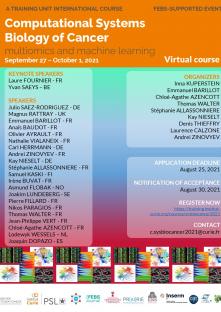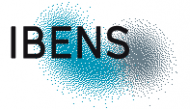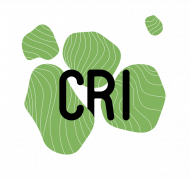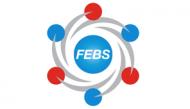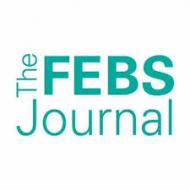The objective of the course is to promote better integration of computational approaches into biological and clinical labs and to clinics. We aim to help participants to improve interpretation and use of multi-scale data that nowadays are accumulated in any biological or medical lab.
This year, the course will particularly focus on application of Machine Learning (ML) approaches for multi-omics data analysis in cancer research and benefits for clinics.
We will review current methods and tools for the analysis and interpretation of big data, along with concrete applications related to cancer. In particular, we will emphasize the role of ML methods for understanding the heterogeneity of tumor and applications in personalized treatment schemes development in precision medicine applications by leveraging multi-omics and machine learning approaches.
We invited leading speakers from different fields in cancer systems biology, especially from the field of big data and Machine Learning (ML) in cancer research and in clinics. The invited speakers will expose various approaches for omics, imaging, clinical data analysis and interpretation, combining signalling networks together with multi-scale data and associating it to clinical data. In addition, drug sensitivity prediction algorithms, biomarkers and cancer drivers identification; patient stratification approaches; application of mathematical modelling and image analysis in cancer with focus on ML approaches for integrating multi-omics data analysis will be demonstrated.
This course is supported by the Federation of European Biochemical Societies (FEBS). One of FEBS’ core objectives is the publication of high-quality journals by scientists for scientists. Check HERE for more information about FEBS Journals.

